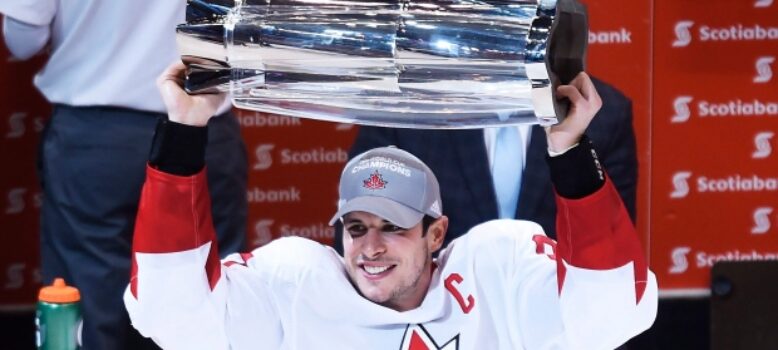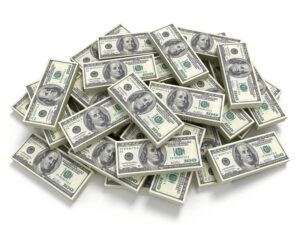
NHL Sets Sights on 2025 for Next World Cup of Hockey

After the 1972 Summit Series, the NHL and WHA allowed their best players to play in tournaments to see which hockey nations were truly the best. Because the Olympics didn’t allow professionals to compete back then, an alternative was created called the Canada Cup.
The tournament was held five times, in 1976. 1981, 1984, 1987, and 1991. Canada won all but the 1981 tournament where they finished second. This tournament provided what may be the most famous international goal scored by any NHLer not named Paul Henderson. The 1987 Canada Cup had two of the greatest hockey players to have ever lived playing on one line Wayne Gretzky and Mario Lemieux. In game 3 of the final, the score was tied at 5-5 in the final moments of the game when the two all-time greats streaked up the ice. Lemieux took a Gretzky pass, then scored a dramatic winning goal to give Canada a 6-5 win
This is the kind of drama that creates iconic moments, and that drama can only be created in international play when the best players in the world are allowed to compete against each other. That is what Bill Daly, the NHL’s second most powerful executive has stated is the league’s intent. With the Olympics coming up in 2026, the NHL wants to cash in on the opportunity for themselves and hold a World Cup of Hockey in 2025.
Daly also said the NHL would like to have some type of international competition in 2025, but that doesn't necessarily mean it will be a World Cup of Hockey.
"We'll see what form it takes, but that's something we're working on with the Players' Association."
— Dan Rosen (@drosennhl) August 23, 2023
The last time this tournament was held was in 2016 when Canada came back and won the final two games of the best-of-three series to beat Team Europe, doing so with a 2-0 victory in the final matchup. The tournament, which was hosted in Toronto, was the last time NHL stars played a best-on-best tournament as the NHL chose not to allow their players to compete in the 2018 and 2022 Olympic games.

The tournament intends to kickstart a regular cycle of Olympic participation beginning in 2026 with a World Cup of Hockey played on the even years in between.
“So if we do a ’25 international tournament, we do the ’26 Olympics, the ’28 World Cup of Hockey, the ’30 Olympics, the ’32 World Cup of Hockey, and so on. That’s the goal. I don’t know exactly what form it will take,” Daly said. “The goal is to make it an international competition of some sort. It’s going to be heavily NHL-centric in terms of the player base, maybe entirely NHL. We’ll see what form it takes, but that’s something we’re working on with the Players’ Association.”
Daly admits that any decision on this would need to be made in partnership with the NHLPA, which shouldn’t be too hard of a hurdle to overcome. The appetite for this type of tournament is there among NHL players. Recently, a normally reserved Edmonton Oilers captain, Connor McDavid, has been very vocal about his support to participate in this event.
For the players, the motivation is obvious, they get to prove who is the best. For the owners, it’s a whole other matter. The 2016 World Cup of Hockey was expected to generate about $130 million in revenues and $65 million in profits. In the end, the NHL was only able to generate $40 million in profits over 2 weeks.
World Cup of Hockey generated less than $40M in profits, perhaps 50% less than anticipated. Via @THNKenCampbell https://t.co/VZN0ksMcdl
— Rick Westhead (@rwesthead) November 23, 2016
While that was lower than the anticipated $65 million, those profits were split 50/50 between the NHL and the players. Normally, internationally sanctioned tournaments allow for profits to be sent to the hockey federations, which helps to fund the grassroots of the game, but a WCH is not one of those events.
Think about it. That’s millions in profits that do not fall under the Collective Bargaining Agreement (CBA) regarding hockey-related revenue. That means it won’t impact the salary cap, therefore it is pure profit for the league to split among the owners. With the fans starving to see their heroes wear their national colors, the expected profits for a 2025 tournament should easily eclipse anything the 2016 event brought in.
It’s no wonder the NHL is finally willing to let this happen again.










